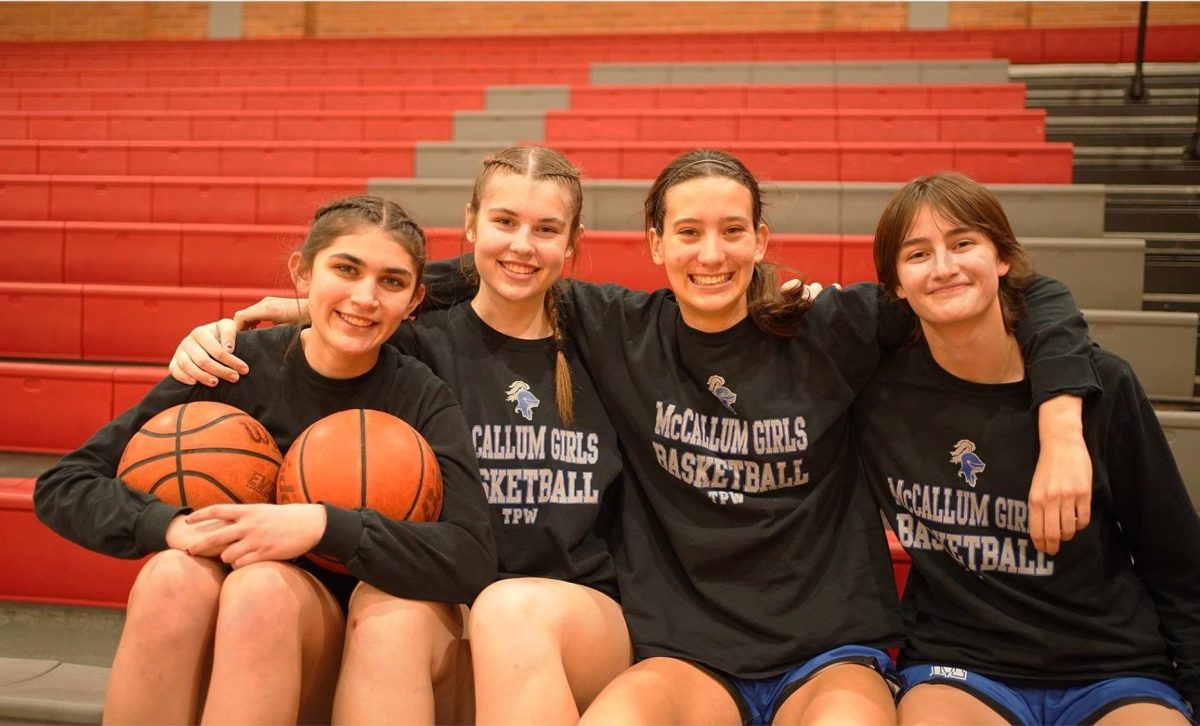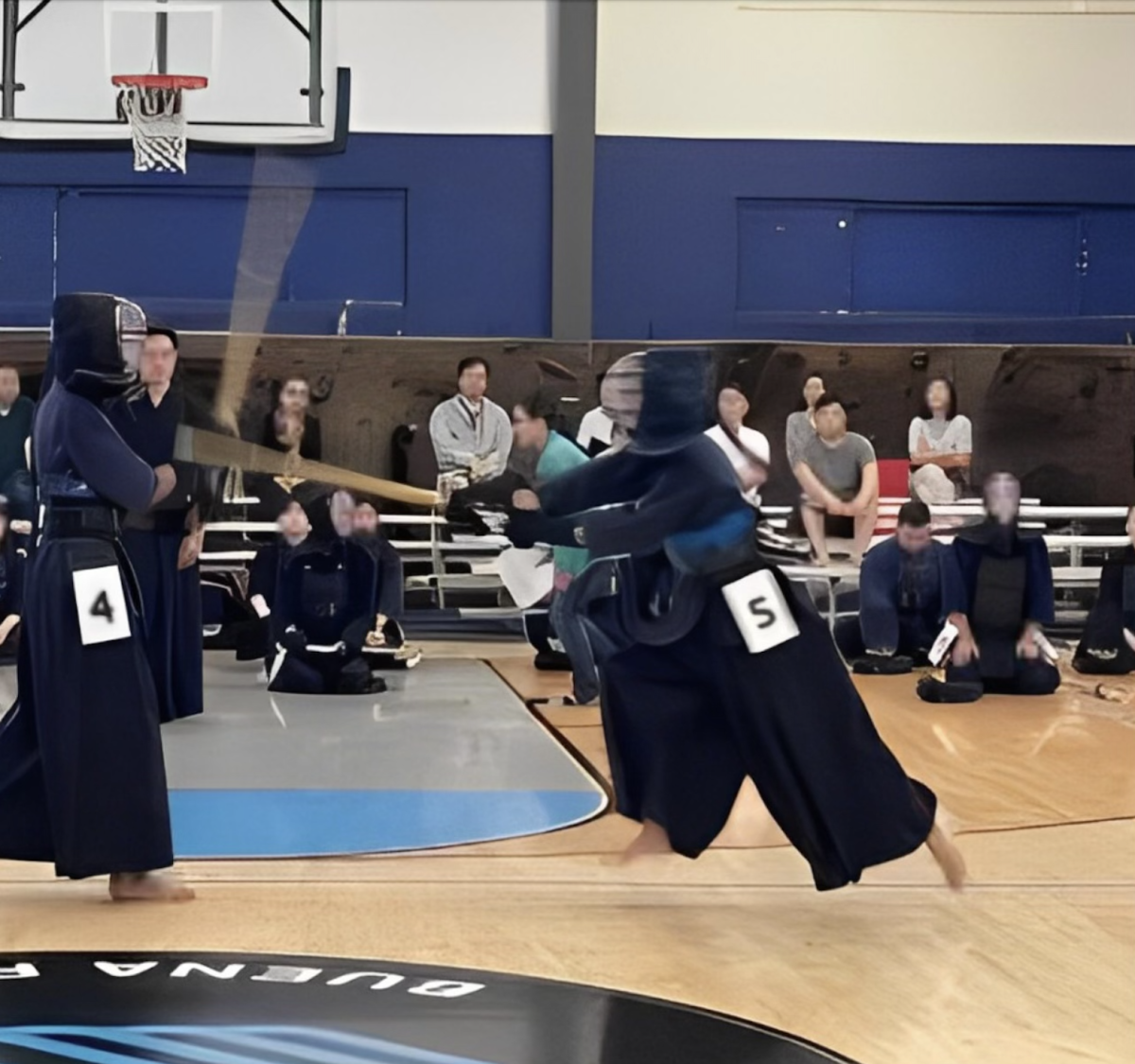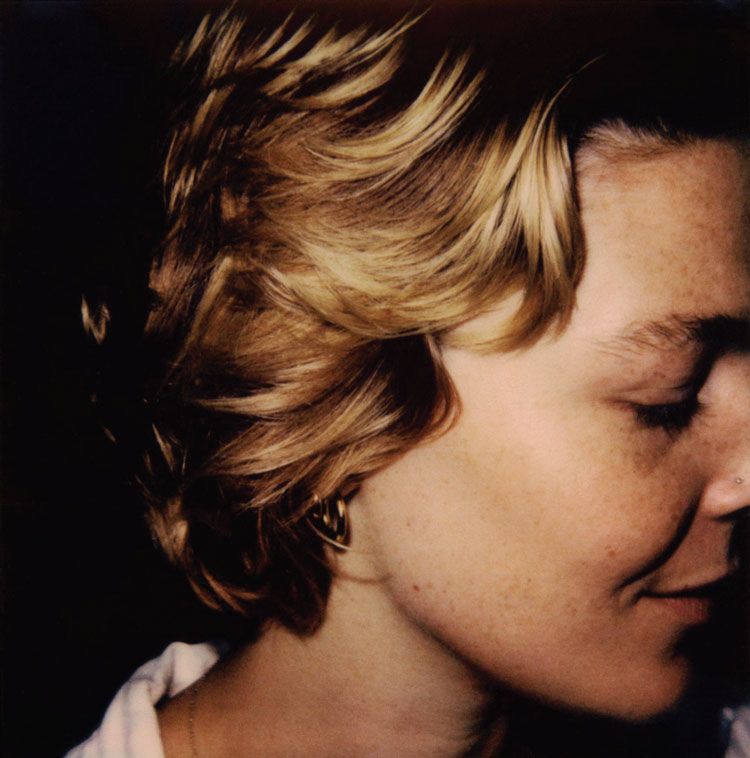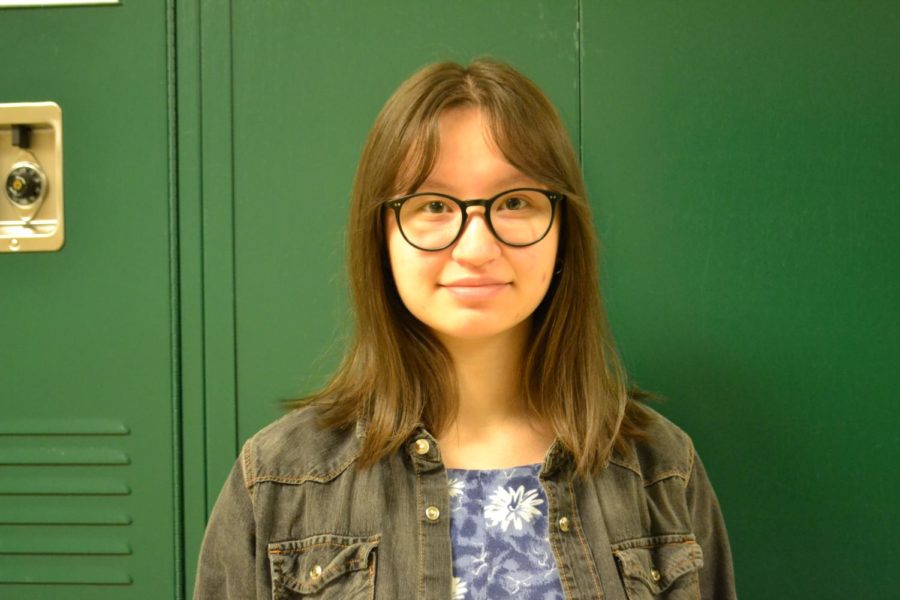Something always felt off. Sulan Roachell (12) had felt like her brain was going 100 miles per hour almost all her life. Focusing on school work was hard, finding motivation was hard and dealing with her confusing, strong emotions was hard. She was diagnosed in 2022 with Attention-deficit hyperactivity disorder (ADHD), a developmental disorder that is characterized by difficulties in paying attention, forgetfulness and impulsivity. People with ADHD or Attention deficit disorder (ADD) experience different symptoms depending on the person, but the disorder mainly affects their cognition.
“I was relieved,” Roachell said. “I could understand myself better and know what I have, and now I can better cope with what I have.”
Roachell is in chorale, the Thespian Society and plays the piano — she describes herself as a musician. She was tested because she found it hard to concentrate last year during online school, but she was not alone. Mia Kitterlin (9) felt the exact same way.
“I first realized in eighth grade last year, and I realized it was really hard paying attention to the classes on the calls,” Kitterlin said. “It was much harder for me to do things online and turn in assignments, so I asked my parents about getting tested [for ADD], and it turned out I did have it.”
Advanced Placement (AP) Chemistry teacher George Richardson is also diagnosed with ADHD and was diagnosed when his son was in second grade. He felt like it gave him an explanation to his childhood and some explanation to why he never liked the corporate lifestyle he once had as a chemist. It can be painful, according to him, but he has learned to do things a certain way to live with his ADHD.
“I have to be very consistent with where exactly I put my car keys every day,” Richardson said. “And when I take my contacts out, I have to know exactly where I put my case, and I have to put it in the same spot every day, or I won’t know where it is at.”
Treatments that help with ADHD include counseling or even medication. Richardson started taking medication around six or seven years ago, and while nothing can cure ADHD, medication has improved his life and career.
“I can’t tell that I have a difference, but my students always, always notice a difference,” Richardson said. “There’ll be days where [my students say], ‘Mr. Richardson, you haven’t taken your medication, have you?’ and I say no, so … there must be a difference”
Kitterlin and Roachell both had stereotypically late diagnoses compared to their male counterparts. Kitterlin began to recognize that she had always had symptoms of ADD but had to ask to be tested her eighth grade year.
“Most of the studies [for ADD and ADHD] when they were first doing it were done on males, so it was harder to find it in females,” Kitterlin said. “Most of the time, females express it differently. The hyperactivity is not there as much, so countless women are getting diagnosed with ADD.”
Richardson, Roachell and Kitterlin all felt grateful for their diagnosis because although their diagnoses came later in life, it gave them more insight on how their brains work. The challenges that come with the disorders will always remain but can get easier with the right resources.
“I understand that sometimes it’s hard to get a diagnosis,” Kitterlin said. “So, I’d say don’t let anyone doubt your experiences. If you feel like you’re struggling and there’s something that’s different, believe that, own it, and don’t let anybody tell you differently because you know yourself.”
This story was originally published on The Scroll on April 5, 2022.































![IN THE SPOTLIGHT: Junior Zalie Mann performs “I Love to Cry at Weddings,” an ensemble piece from the fall musical Sweet Charity, to prospective students during the Fine Arts Showcase on Wednesday, Nov. 8. The showcase is a compilation of performances and demonstrations from each fine arts strand offered at McCallum. This show is put on so that prospective students can see if they are interested in joining an academy or major.
Sweet Charity originally ran the weekends of Sept. 28 and Oct. 8, but made a comeback for the Fine Arts Showcase.
“[Being at the front in the spotlight] is my favorite part of the whole dance, so I was super happy to be on stage performing and smiling at the audience,” Mann said.
Mann performed in both the musical theatre performance and dance excerpt “Ethereal,” a contemporary piece choreographed by the new dance director Terrance Carson, in the showcase. With also being a dance ambassador, Mann got to talk about what MAC dance is, her experience and answer any questions the aspiring arts majors and their parents may have.
Caption by Maya Tackett.](https://bestofsno.com/wp-content/uploads/2024/02/53321803427_47cd17fe70_o-1-1200x800.jpg)
![SPREADING THE JOY: Sophomore Chim Becker poses with sophomores Cozbi Sims and Lou Davidson while manning a table at the Hispanic Heritage treat day during lunch of Sept 28. Becker is a part of the students of color alliance, who put together the activity to raise money for their club.
“It [the stand] was really fun because McCallum has a lot of latino kids,” Becker said. “And I think it was nice that I could share the stuff that I usually just have at home with people who have never tried it before.”
Becker recognizes the importance of celebrating Hispanic heritage at Mac.
“I think its important to celebrate,” Becker said. “Because our culture is awesome and super cool, and everybody should be able to learn about other cultures of the world.”
Caption by JoJo Barnard.](https://bestofsno.com/wp-content/uploads/2024/01/53221601352_4127a81c41_o-1200x675.jpg)






